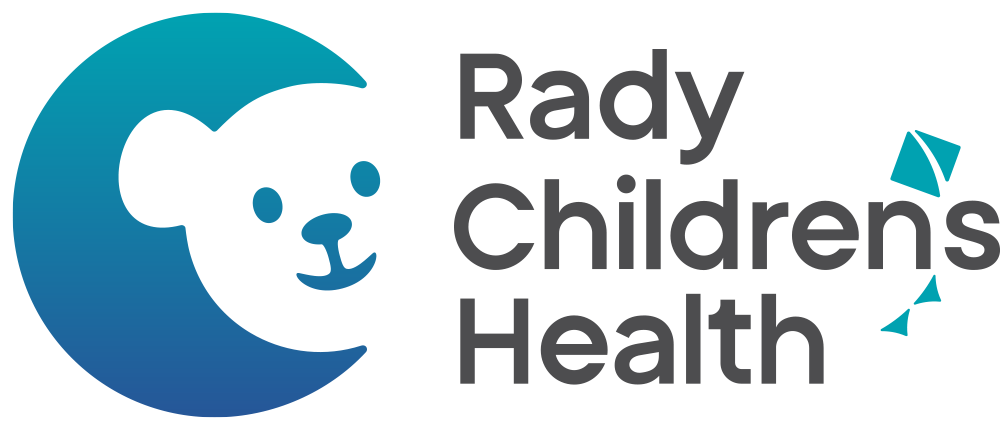When Suzette looked in the mirror, she didn’t see her long, beautiful dark hair or her bright, infectious smile. Instead she focused on how different her body looked from the people she saw on social media.
While Suzette was at a healthy weight for a 14-year-old, active and in good health, she started believing she needed to lose weight. The onset of the quarantine, due to COVID-19, meant Suzette was spending more time indoors—isolated from her friends and the daily activities she was used to enjoying.
In the beginning, Suzette was working out and making healthy food decisions. “It was easy at first and I started to see a change, but then I wanted a faster way to lose more weight,” Suzette explains.
This is when her eating disorder began. In search of a “quick-fix” Suzette started restricting her caloric intake. She admits, “I started purging and was starving myself. I would hide my food or give it to my siblings or dog so my parents couldn’t see what I was doing.”
Soon the effects of not eating and purging started to take its toll on Suzette’s body. She started to feel dizzy and lightheaded with low energy. One day, she felt so weak to the point she couldn’t stand up. “I was so scared. I thought I was going to die,” Suzette explains. This is the moment when she decided to tell her parents about her recent eating behaviors.
However, Suzette’s eating disorder didn’t stop after this incident. When talking about her eating disorder, Suzette describes it as a tiny voice inside her head—a voice that kept telling her that she didn’t have an eating disorder and that she was fine and pushed her to keep doing what she was doing—all to make her body look the way she thought it should look.
It was after another incident of extreme lightheadedness when her parents took her to CHOC at Mission Hospital. Upon examination, doctors noted Suzette had lost a significant amount of weight over a two-month period. Her heart rate and blood pressure were also very low and she needed to be put on an IV.
At a follow-up appointment, Suzette’s blood pressure and weight were even lower, which led doctors to officially diagnosed her with an eating disorder. Back at home, Suzette’s parents became more involved with Suzette’s recovery plan. They made sure she was eating her three meals, plus three snacks and drinking plenty of water. However, this made Suzette’s eating disorder voice grow louder. To combat all the food she was eating, Suzette began purging after meals. “I felt a sense of freedom after I would do this and it made my eating disorder voice happy,” she recalls.
Unable to manage her eating disorder at home, Suzette was brought into CHOC’s Eating Disorder inpatient center where she received the help and support she needed to overcome her health challenge. Treating eating disorders in adolescents and young adults can be complex and often requires a team of caregivers. At CHOC, our board-certified pediatricians and psychiatrists understand the specialized expertise and multidisciplinary approach needed to care for eating disorders.
At first, being hospitalized was hard on Suzette and her family. “I was in shock and I could see when my parents came to visit me that they were in shock too,” Suzette said. But over time, with proper care and strategies, Suzette’s eating disorder voice grew weaker. She was able to meet other kids who were going through the same thing, which made her feel safe and less alone.
After 19 days at CHOC, Suzette was finally able to return home. “My big motivation for going home was because it was getting close to Christmas and I didn’t want to be in the hospital over Christmas. I missed my siblings and wanted to be with them,” she said.
While a part of Suzette was afraid her eating disorder would come back, the care team at CHOC assured her that they would continue to monitor and support her through therapy sessions and check-up appointments. “I’m really happy to say to you that every day, the more I talk about it, I don’t hear the voice. I don’t feel the way I used to feel before and it just makes me really happy because then I have a lot of support from CHOC and my parents,” Suzette, now 15-years-old, happily shares.
For Suzette’s parents, this was an eye-opening experience. A key turning point in this journey was when the CHOC care team explained to them all the nutrients children need to survive and thrive, which also allowed them to better advice their daughter on proper health and nutrition. The advice Suzette’s parents would give to families going through a similar situation is to not ignore the small signs and changes they see in their children, and to provide love, patience and support.
(Certain identifying details have been changed to protect the privacy of the patient.)




